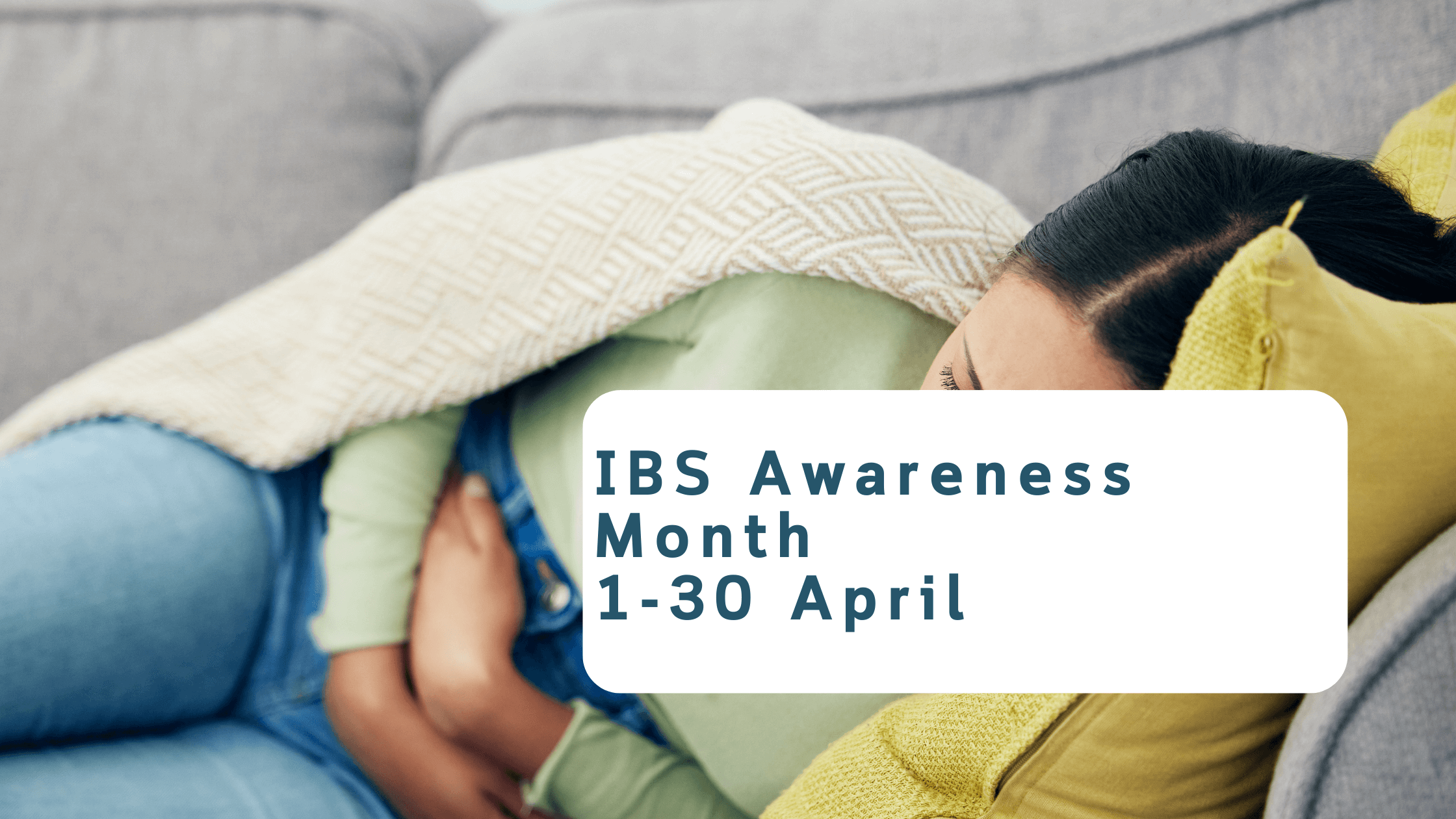IBS Awareness Month
A little potty talk, if you will. Before we get into the nitty gritty of IBS, I think we should first understand what is normal bowel movement looks like, a starting point, so to speak, don’t you think?
What would be considered a normal bowel movement?
According to Dr Jane Varney, a research dietitian, states what is considered a normal bowel movement varies person to person. there are a number of characteristics that distinguish normal from abnormal, things like:
Frequency - Anything from several times a day to several times a week can be normal.
Colour - Stools should be brown, although you may notice a change in colour if you eat pigmented foods such as beetroot
Texture- texture is more important than frequency, according to Dr Varney. Stools should be soft, sausage-shaped and easy to pass. Take a look at the Bristol Stool Chart to see the 7 types of stool.
Smell - Smell is normal for stools. A result of bacteria residing in your large intestine.
Wind - Wind and gas are normal and a normal sign of a health digestion. But can appear more excessive in IBS.
Blood in stools, ongoing diarrhea, or bowel movement at night or considered ‘alarm signal.’
What is IBS?
IBS, has also been called IBS colitis, mucous colitis, spastic colon, nervous colon, and spastic bowel. (1) has said to affects 30% of Australians, mostly women. It can occur at any age, but most often before 40. (1)
Here’s a great video from Monash university sVideo - https://youtu.be/stdYoA4G9Dg
1 in every 7 people suffer from IBS (Irritable Bowel Syndrome). Many people are either undiagnosed or unaware that they have it.
What causes IBS?
The cause of IBS is unknown. However, FODMAP states "that there are certain risk factors that can predispose someone to IBS, such as;_
01 - Diet
02 - Smoking
03 - Alcohol consumption
04 - Genetic factors
05 - Small intestinal bacterial overgrowth (SIBO)
06 - Stress,
07 - Anxiety and other psychological states
08 - Intolerances or severe infections.
Other known causes are
08 - Medications
09 - Leaky gut
10 - Infections
11 - Gut sensitivity
12 - Altered gut motility.
What are some IBS symptoms?
Bloating
Gas
Abdominal pain
Bowel changes
Fatigue
Weight loss
Nausea
Diarrhea
Anemia
Retal bleeding
“With IBS you have these symptoms without any visible signs of damage or disease in your digestive tract. ”
There are 3 different types of IBS, namely
IBS with constipation (IBS-C)
IBS with diarrhea (IBS-D)
IBS with mixed bowel habits (IBS-M) - constipation and diarrhea.
How IBS is diagnosed.
It must be said that you should not self-diagnose yourself, but rather see a doctor who will do the relevant tests to be sure that it is IBS.
Colonoscopy
Upper endoscopy
Laboratory tests
How can IBS impact your day?
Speaking from experience, I find that there are days that I can’t leave home, unsure if I could make it through the day. I would avoid going out with friends for a coffee, just in case I would
How is IBS treated?
‘While there is no miracle cure for IBS, there are treatments options that can help manage and alleviate some symptoms of IBS.
Monash University recommends the following:
Reducing stress
Finding ways in which to manage stress will have a huge impact on IBS symptoms.
Monash recommends mindfulness training, stress management or Cognitive Behavioural Therapy through a trained professional can be beneficial.
Being physical active and practicing breathing techniques have shown to reduce stress levels and help relax muscles.
Herbal remedies.
Peppermint oil has shown to relax the smooth muscles of the gut.
3. Medications
Drug therapies help with symptoms.
Supplements
4. Dietary
To reduce IBS symptoms, some people have found that by changing to a low FODMAP diet and/or avoiding certain trigger foods like caffeine, alcohol, spicy or fatty foods. (75% of people have found relief from their symptoms by following a low FODMAP diet).
It is essential that you work with a nutritionist or dietitian who can recommend the correct fibre or probiotics suitable for you.
What are FODMAPS?
These are types of carbohydrate (sugar), which are not well absorbed in the small intestine.
FODMAP stands for:
Fermentable
Oligosaccharides,
Disaccharides,
Monosaccharides and
Polyols.
To learn more about the FODMAPS, go to
Nutrition is complex and you do need the help of a professional. Don’t wait and try and figure it out for yourself. I have found the best results once I consulted a nutritionist who was recommend what foods to eat and what to avoid. Changing what I eat improved my quality of life hugely.


